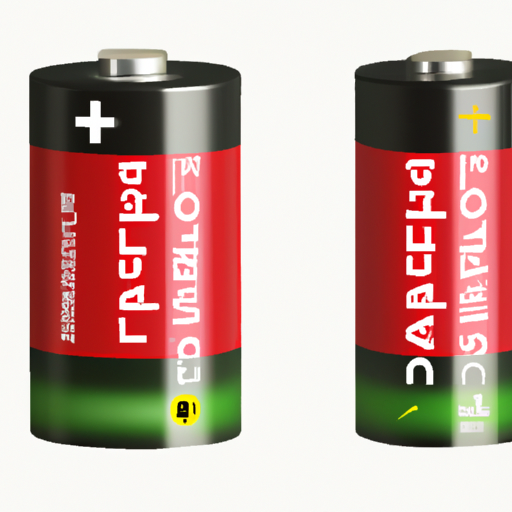Overview of P-11AAHL2X2 Rechargeable Batteries
Rechargeable batteries, or secondary batteries, are essential in powering a diverse array of devices, from consumer electronics to electric vehicles. The P-11AAHL2X2 designation likely refers to a specific type of AA-sized rechargeable battery, potentially utilizing lithium-ion or nickel-metal hydride (NiMH) technology. Below, we explore the core functional technologies, relevant articles, and application development cases that highlight the effectiveness and impact of rechargeable batteries.
Core Functional Technologies
| 1. Lithium-Ion Technology | |
| 2. Nickel-Metal Hydride (NiMH) | |
| 3. Solid-State Batteries | |
| 4. Fast Charging Technologies | |
| 5. Battery Management Systems (BMS) | |
| 1. Electric Vehicles (EVs) | |
| 2. Consumer Electronics | |
| 3. Renewable Energy Storage | |
| 4. Medical Devices | |
| 5. Smart Grids | |
Application Development Cases
Conclusion

Rechargeable batteries, particularly those like the P-11AAHL2X2, are pivotal in driving technological advancements across various sectors. Their ongoing development is fueled by the demand for more efficient, sustainable, and high-performance energy storage solutions. As applications continue to expand, the significance of innovations in battery technology will only increase, shaping the future of energy consumption and storage. The evolution of these batteries will play a crucial role in addressing global energy challenges and promoting a sustainable future.
Overview of P-11AAHL2X2 Rechargeable Batteries
Rechargeable batteries, or secondary batteries, are essential in powering a diverse array of devices, from consumer electronics to electric vehicles. The P-11AAHL2X2 designation likely refers to a specific type of AA-sized rechargeable battery, potentially utilizing lithium-ion or nickel-metal hydride (NiMH) technology. Below, we explore the core functional technologies, relevant articles, and application development cases that highlight the effectiveness and impact of rechargeable batteries.
Core Functional Technologies
| 1. Lithium-Ion Technology | |
| 2. Nickel-Metal Hydride (NiMH) | |
| 3. Solid-State Batteries | |
| 4. Fast Charging Technologies | |
| 5. Battery Management Systems (BMS) | |
| 1. Electric Vehicles (EVs) | |
| 2. Consumer Electronics | |
| 3. Renewable Energy Storage | |
| 4. Medical Devices | |
| 5. Smart Grids | |
Application Development Cases
Conclusion

Rechargeable batteries, particularly those like the P-11AAHL2X2, are pivotal in driving technological advancements across various sectors. Their ongoing development is fueled by the demand for more efficient, sustainable, and high-performance energy storage solutions. As applications continue to expand, the significance of innovations in battery technology will only increase, shaping the future of energy consumption and storage. The evolution of these batteries will play a crucial role in addressing global energy challenges and promoting a sustainable future.













